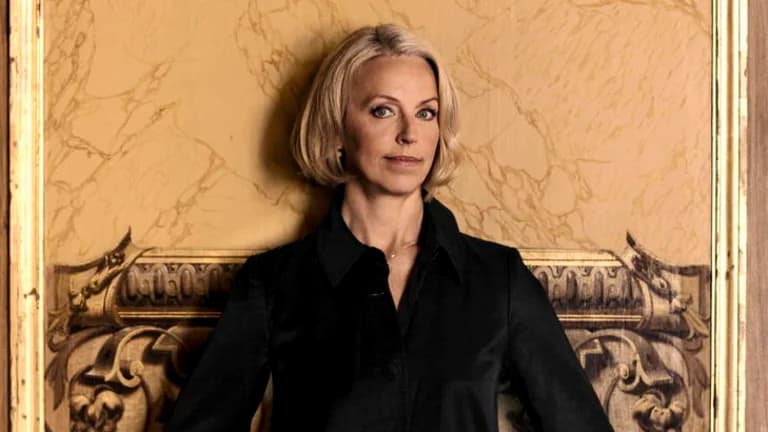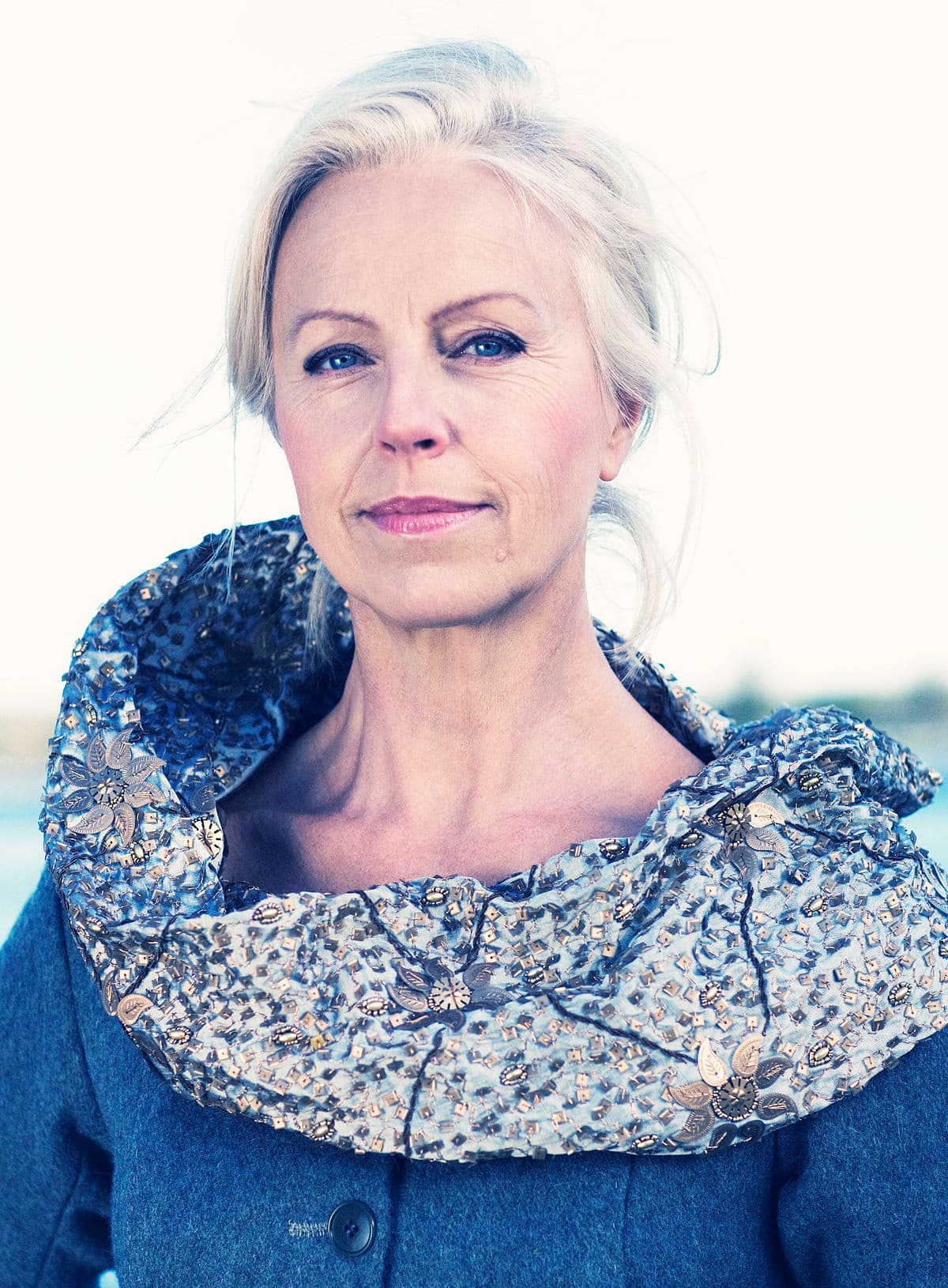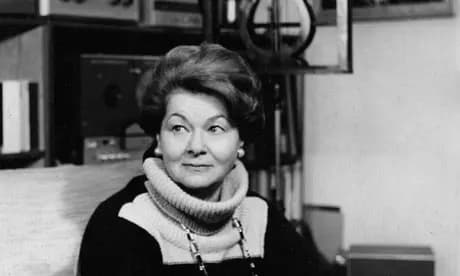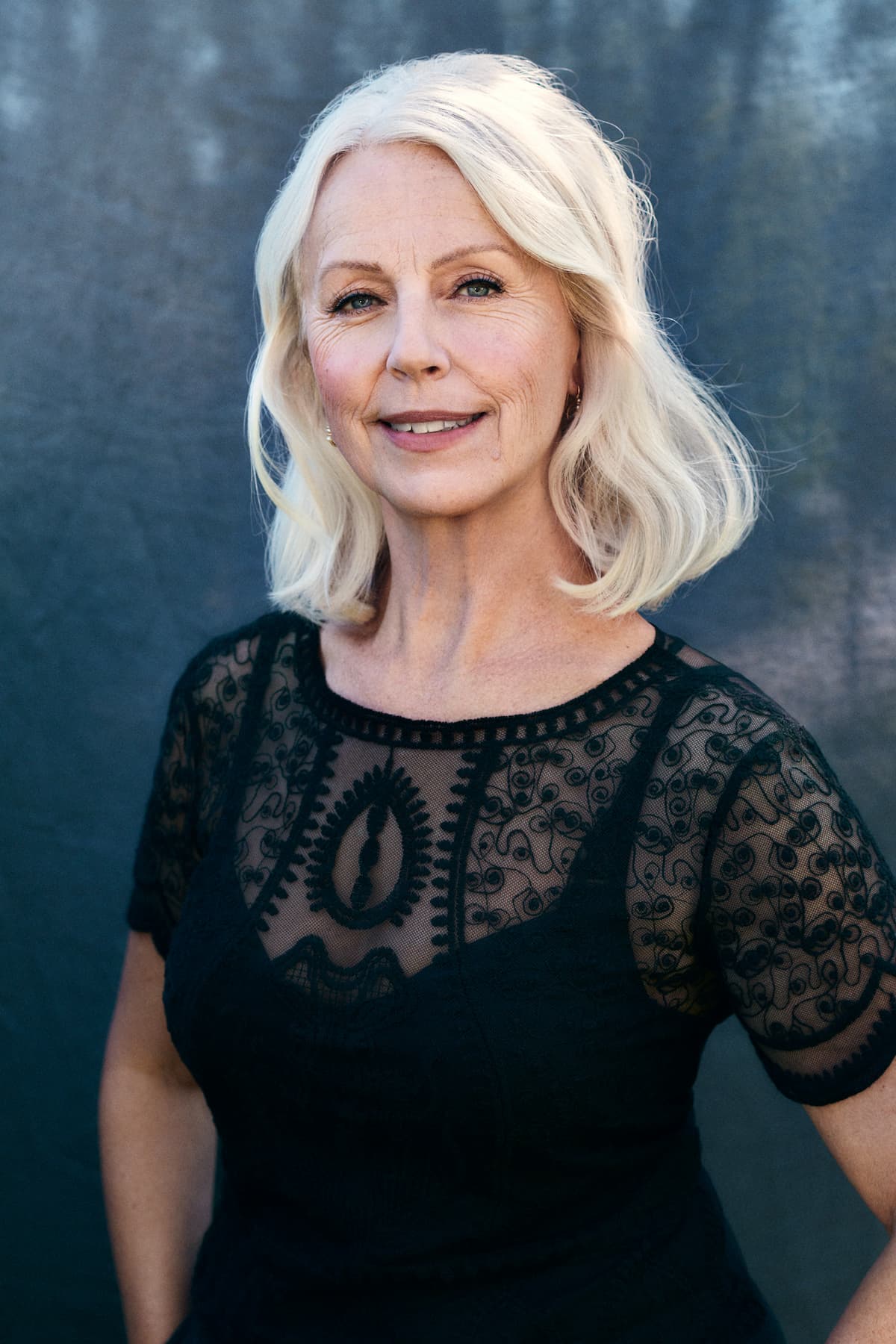Born in Stockholm, Sweden, on 9 May 1955, Anne Sofie von Otter is one of the finest singers of her generation. Internationally recognised as a concert and recital singer of exceptional gifts, von Otter has built an incomparable catalogue of recordings. Her ever-evolving repertoire and versatility have seen her branch out into the world of opera, jazz, rock, and pop songs.
Anne Sofie von Otter Sings Marietta’s song
Beatles and Cat Stevens

Anne Sofie von Otter
Her father Göran von Otter was a Swedish diplomat in Berlin during World War II, and Anne Sofie grew up in Bonn, London, and Stockholm. She knew absolutely nothing about classical music and cared even less. “I couldn’t tell the difference between a tenor or a bass, or between Bach and Mahler,” she explained in an interview. Growing up in comfortable surroundings, von Otter took obligatory piano lessons, but she was really into pop and rock music.
She loved the Beatles above all, but also Cat Stevens, Judy Collins and Crosby, Stills and Nash. “It was the nice tidy pop,” she greatly enjoyed. “The Rolling Stones were not for me.” Later, a friend introduced her to fusion jazz, which she thought was very daring at the time. However, she really loved the ballet, especially the Tchaikovsky ballets she attended in Stockholm and later in London, where her father was the Swedish Consul General for five years.
Edvard Grieg: Haugtussa (The Mountain Maid), Op. 67 (Anne Sofie von Otter, mezzo-soprano; Bengt Forsberg, piano)
Dashing Music Teacher

Von Otter’s biggest dream as a child was to become a ballerina, and she did take dance classes.
As she once disclosed, “I was terribly disappointed when I realized that I could not do it.” Singing wasn’t even on the radar until her last two years of high school in Sweden when a dashing young music teacher took over the chorus, “and I just had to sign up.” She didn’t know anything about singing and had no experience of going to the opera. “It took me a while to understand,” she remembers, “that I had a gift for singing.”
However, as von Otter explained in an interview, “I always wanted to use the voice in a natural way, so classical singing, with all that it implies, for me was very strange. I didn’t like vibrato. It was horrifying. Whenever I sang in my teens it was with my natural voice.” Von Otter became a dedicated choir singer, learning to read music and different styles, from Baroque to Contemporary. She certainly never had any fantasies about becoming an opera singer at all, as she was “very self-conscious, nervous, and very shy.”
Lars-Erik Larsson: 9 Sanger, Op. 35 (Anne Sofie von Otter, mezzo-soprano; Bengt Forsberg, piano)
Studying Under Vera Rózsa

Vera Rózsa
Von Otter sang in a number of choruses, always in the soprano section. “But it was killing my voice,” she said. “I wanted to be a soprano, and it was hurting, so what could I do?” She started taking singing lessons and her singing teacher told her, “You are not a soprano, you are a mezzo.” She won a place at the Guildhall School of Music and Drama in London and studied with the legendary Hungarian teacher, Vera Rózsa. Her insight into a singer’s voice and technique was famous, and after listening for just a couple of bars, she immediately knew what exercise was needed.
For von Otter, the contrast between Rózsa’s high-energy and the more laid-back approach of her Swedish singing teachers was striking. Rózsa quickly undid some of the damage to von Otter’s voice, and she instilled in her the mantra that a good singer needs, “artistic temperament, concentration, dramatic ability, personality, good taste, and total devotion to the profession. An artist needs a heart on fire and a brain on ice.”
Wolfgang Amadeus Mozart: Abendempfindung, K. 523 (Anne Sofie von Otter, mezzo-soprano; Melvyn Tan, fortepiano)
Shift to Opera

Rózsa organised a repertoire of operatic roles for von Otter and suggested that she audition for a position in an opera house. Von Otter was not enthusiastic, as “I didn’t want to be a soloist. I wanted to sing and I didn’t mind people hearing my voice individually but I would rather be up the back of a choir than have them look at me because that was embarrassing.” She certainly did not want to be in the spotlight, and the transformation to the stage did not come naturally.
At that time, von Otter still made a living from singing in a number of choirs in Stockholm, including the cathedral choir, the radio choir, and the Bach choir, and she made enough money to survive. She never dreamt of standing on the operatic stage, but her manager and agent, a little against her will, urged her to audition, and she was quickly snapped up by Basel Opera, making her debut in 1983. “I got my first job,” she recalled, “and indeed it was good for me. It developed me as a performer and my understanding of what I was singing about.”
For more of the best in classical music, sign up for our E-Newsletter
